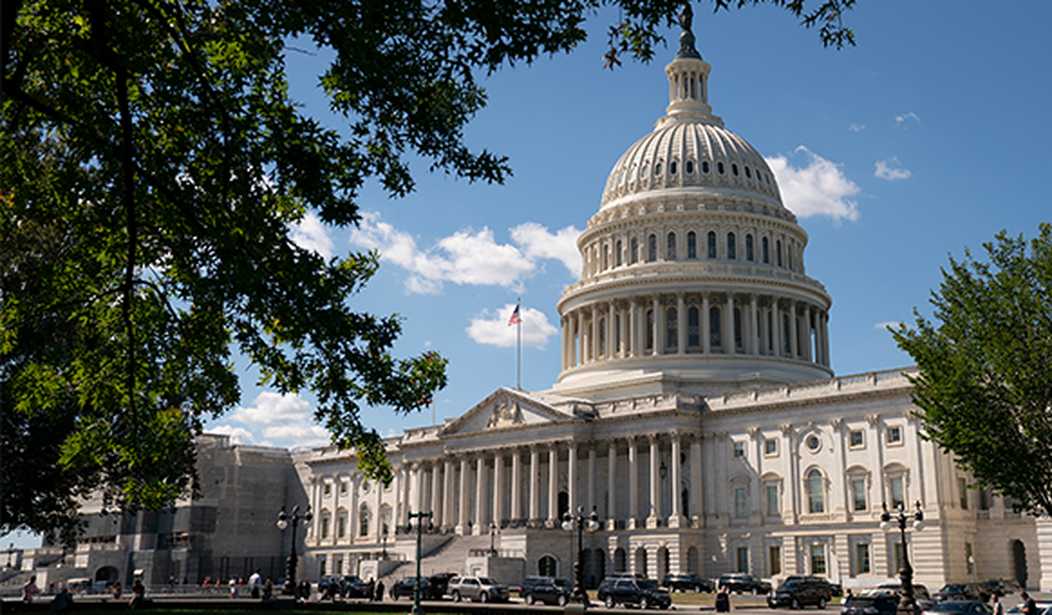Earlier this month, Townhall covered an interview with Rep. Nancy Mace, a Republican from South Carolina, who said she is working on legislation with a Democratic colleague to introduce to the House of Representatives. Generally, we see Republicans and Democrats working issues separately due to differences in ideology. But, a poll published recently shows how Americans overwhelmingly feel about lawmakers working with colleagues across the aisle.
A new Hill-HarrisX poll published Friday shows that the majority of Americans say lawmakers in Congress should work across party lines more often. In the findings, 80 percent of registered voters think lawmakers should work with colleagues from the other party more often. The minority, 20 percent, said that lawmakers should only work with members of their own party.
The findings also broke down the respondents by political party. When it comes to Republican voters, 88 percent said that lawmakers should work across party lines more. Twelve percent oppose. In comparison, 74 percent of Democrats and 77 percent of Independents said that lawmakers from opposing parties should work together more. Twenty-six percent of Democrats and 23 percent of Independents oppose this idea.
Out of the 895 respondents, Republicans accounted for 36 percent, Democrats for 37 percent, and Independents accounted for 25 percent of the sample. The remaining 2 percent are undecided on which political party they belong to. Fifty percent of respondents hail from suburban areas, 30 percent come from urban areas, and 20 percent come from rural areas.
The survey was conducted from Oct. 13 to Oct. 14 and has a margin of error of +/= 3.3 percentage points.

























